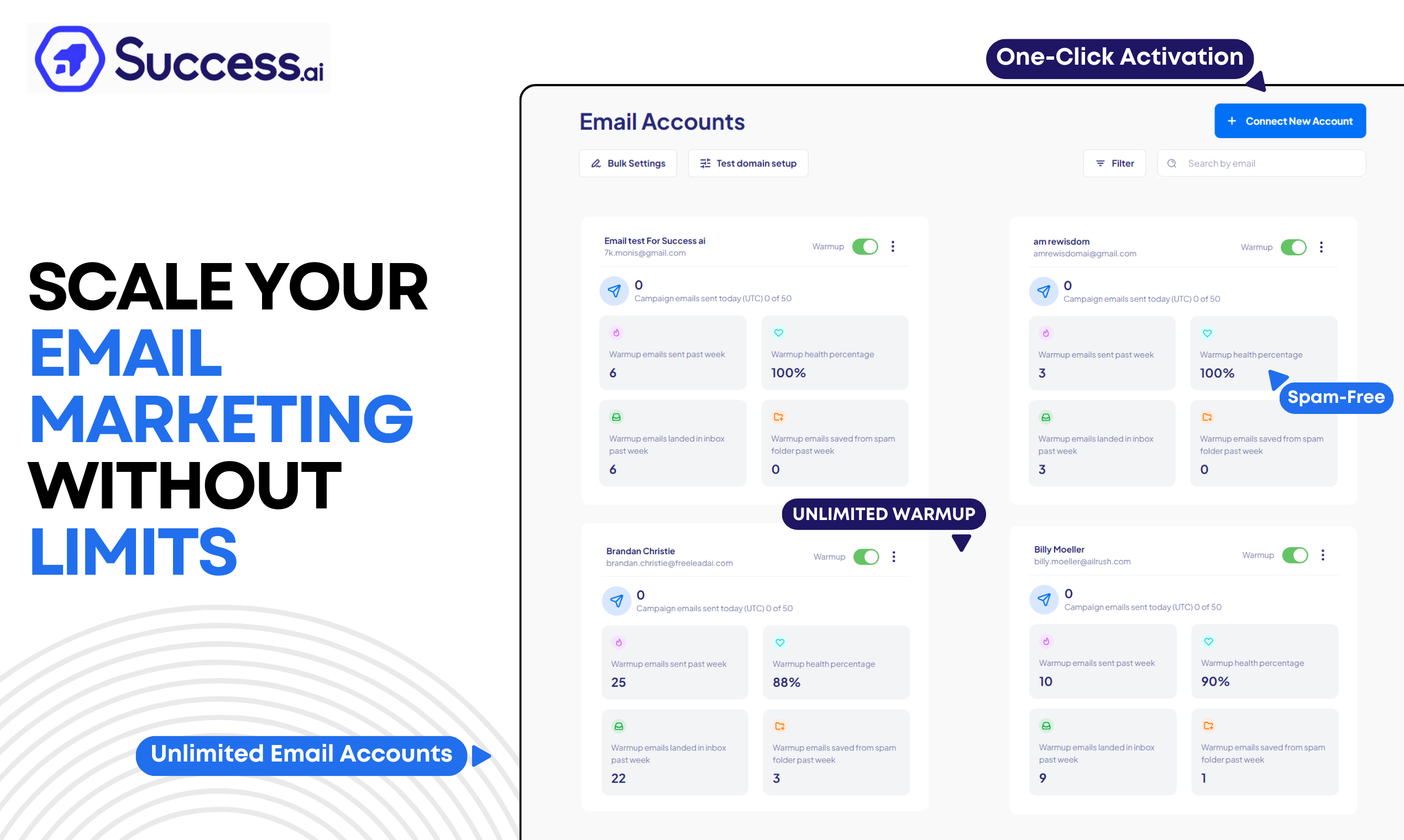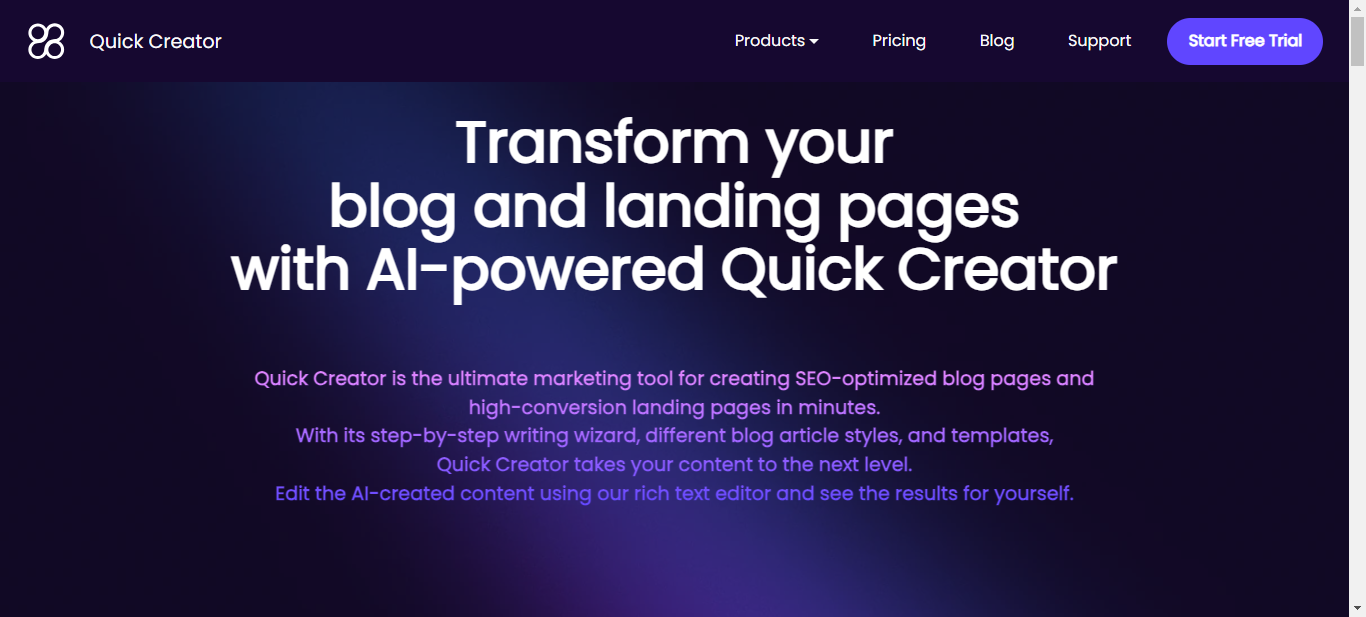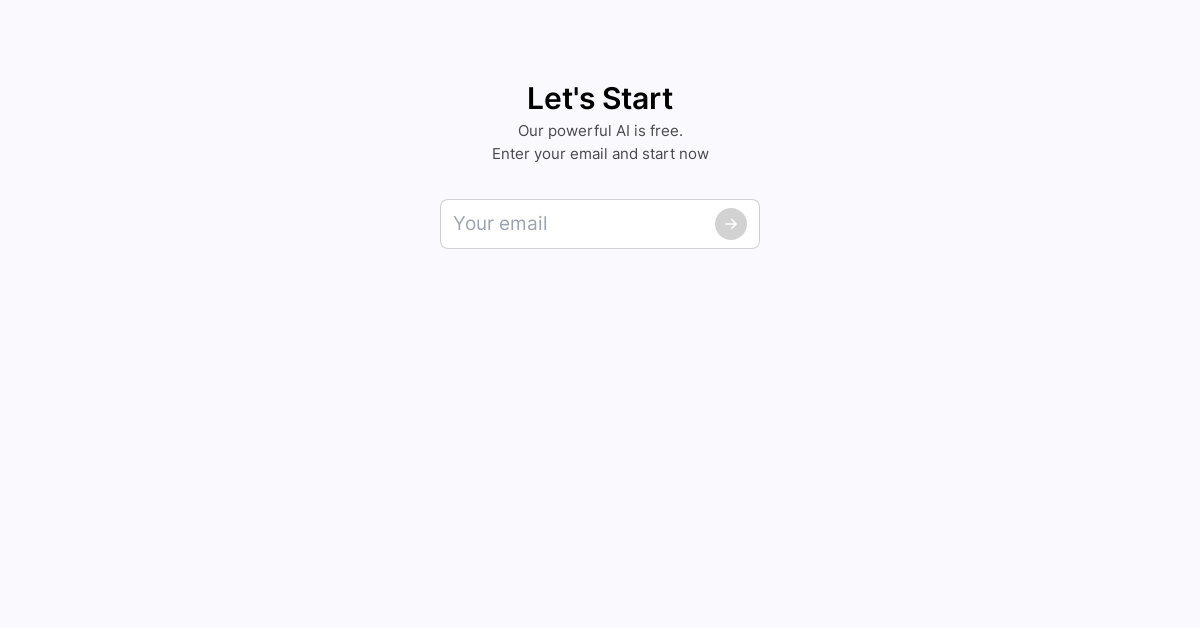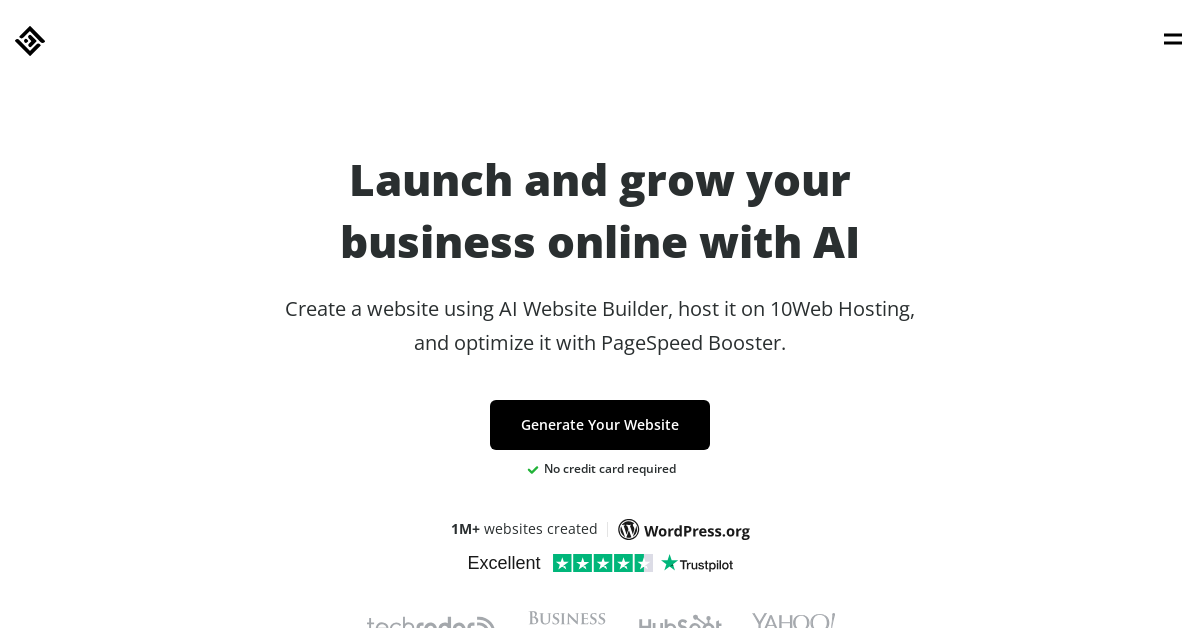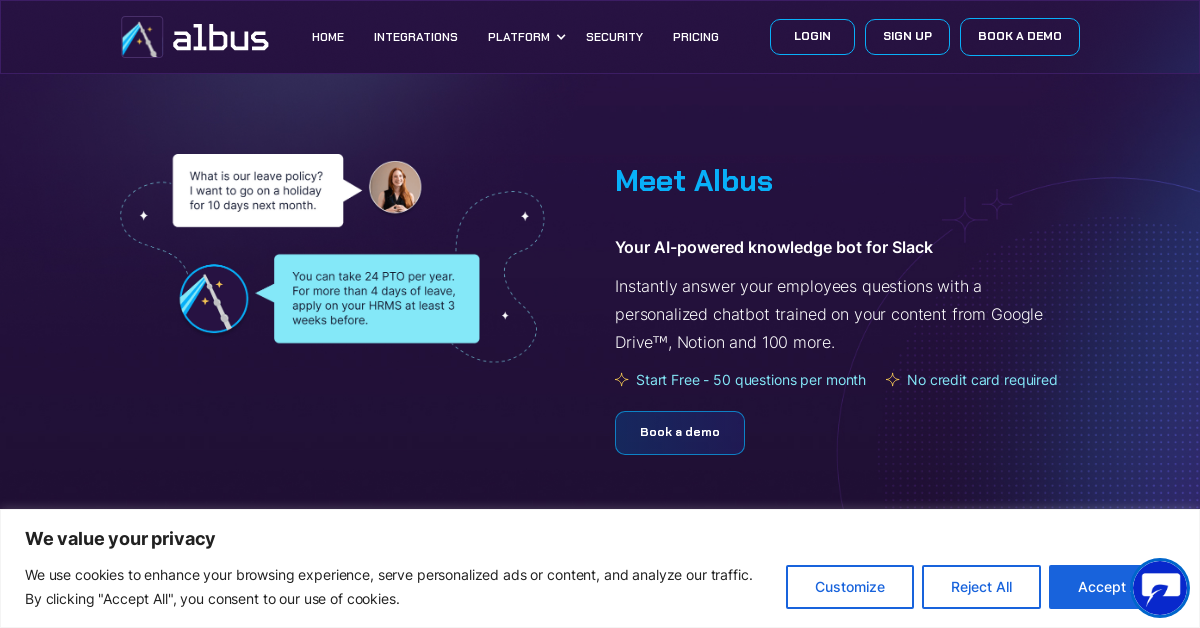What's an AI Tool? Ultimate Guide to the World of AI Tools
Hey there! Welcome to my blog on AI tools. Today, I'm going to take you on a journey into the fascinating world of AI and show you how AI tools are transforming industries across the globe. As technology advances, these tools are becoming increasingly essential in our daily lives. So, let's dive right in!
Understanding AI
Before we delve into AI tools, let's quickly grasp the concept of Artificial Intelligence. AI is a term used to describe machines that can mimic human intelligence and perform tasks that typically require human intelligence. It's like having a digital brain that can learn, reason, and make decisions.
What Is an AI Tool Exactly?
An AI tool is a software application that harnesses the power of AI to perform specific tasks. AI tools are designed to assist humans in various fields by automating processes, analyzing vast amounts of data, and providing valuable insights. In simpler terms, AI tools are like helpful assistants, supercharged with intelligence.
Examples of AI Tools:
In today's world, AI tools are widely used across different industries. Let me give you a glimpse of a few popular ones:
1. NLP Tools: Natural Language Processing tools enable computers to understand and interpret human language. They power voice assistants, chatbots, and language translation applications.
2. Computer Vision Tools: These tools enable machines to understand and analyze visual content, such as images and videos. They find applications in facial recognition, object detection, and even self-driving cars.
3. Predictive Analytics and Machine Learning Tools: These tools use historical data to make predictions and identify patterns. They help businesses in making informed decisions, optimizing operations, and improving customer experiences.
4. Robotic Process Automation (RPA) Tools: RPA tools automate repetitive and rule-based tasks, freeing up human resources for more complex work. They are often used in data entry, invoice processing, and customer support.
5. Chatbots and Virtual Assistants: You've probably interacted with chatbots on websites or had conversations with virtual assistants like Siri or Alexa. These AI tools simulate human-like conversations to provide information and assistance.
Benefits of AI Tools:
The adoption of AI tools brings numerous advantages:
1. Increased Efficiency: AI tools can perform tasks faster and more accurately than humans, leading to enhanced productivity and streamlined operations.
2. Improved Decision-Making: AI tools analyze vast amounts of data, extract insights, and provide actionable recommendations, empowering businesses to make better-informed decisions.
3. Enhanced Customer Experiences: AI tools enable personalized interactions, faster responses, and intelligent recommendations, resulting in improved customer satisfaction.
4. Cost Reduction: Automating repetitive tasks with AI tools reduces costs associated with manual labor and minimizes the risk of errors.
5. Uncovering Insights: By analyzing large datasets, AI tools can discover hidden patterns and trends that humans may overlook, providing valuable insights for businesses.
Challenges and Considerations:
While AI tools offer tremendous potential, it's important to address a few challenges:
1. Ethical Concerns: AI tools must be designed with fairness, transparency, and accountability to avoid bias and discrimination.
2. Data Privacy and Security: The use of AI tools requires handling and protecting sensitive data, necessitating robust security measures and compliance with privacy regulations.
3. Integration Challenges: Integrating AI tools into existing systems can be complex, requiring compatibility and seamless communication between different technologies.
4. Training and Expertise: Developing and utilizing AI tools require specialized skills and knowledge. Organizations need to invest in training or seek expert assistance.
5. Regulatory Considerations: As AI tools evolve, there will be a need for appropriate regulations to ensure their responsible and ethical use.
Looking Ahead: Future Trends in AI Tools:
The future of AI tools is incredibly exciting. Here are some trends to watch out for:
1. Advancements in AI Technologies: AI tools will become more sophisticated, capable of handling complex tasks and delivering even smarter insights.
2. Integration with Emerging Technologies: AI tools will merge with other emerging technologies like the Internet of Things (IoT) and blockchain, opening up new possibilities.
3. Impact on the Job Market: The adoption of AI tools may transform certain job roles, leading to a shift in skill requirements. However, new opportunities will emerge as AI tools create new industries and job roles.
4. Risks and Implications: As AI tools become more prevalent, we need to address concerns like AI bias, algorithmic accountability, and societal impact.
Conclusion:
Congratulations on reaching the end of our journey through the world of AI tools! I hope this blog has given you a better understanding of how AI tools are revolutionizing various industries. To explore a range of AI tools and witness their incredible capabilities firsthand, head over to aitoolboard.com. Embrace the power of AI and unlock a future filled with endless possibilities!
Remember, the future is now, and AI tools are here to assist us in making our lives smarter, more efficient, and more enjoyable. So, buckle up and get ready to ride the wave of AI innovation!
Stay curious and keep exploring the world of AI!





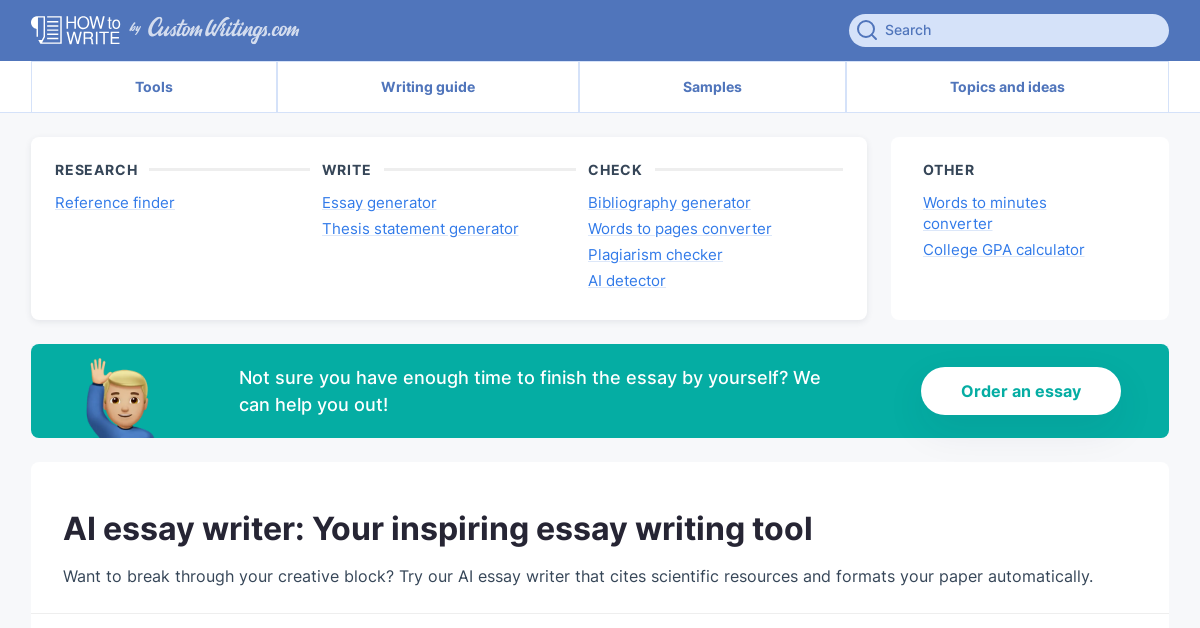
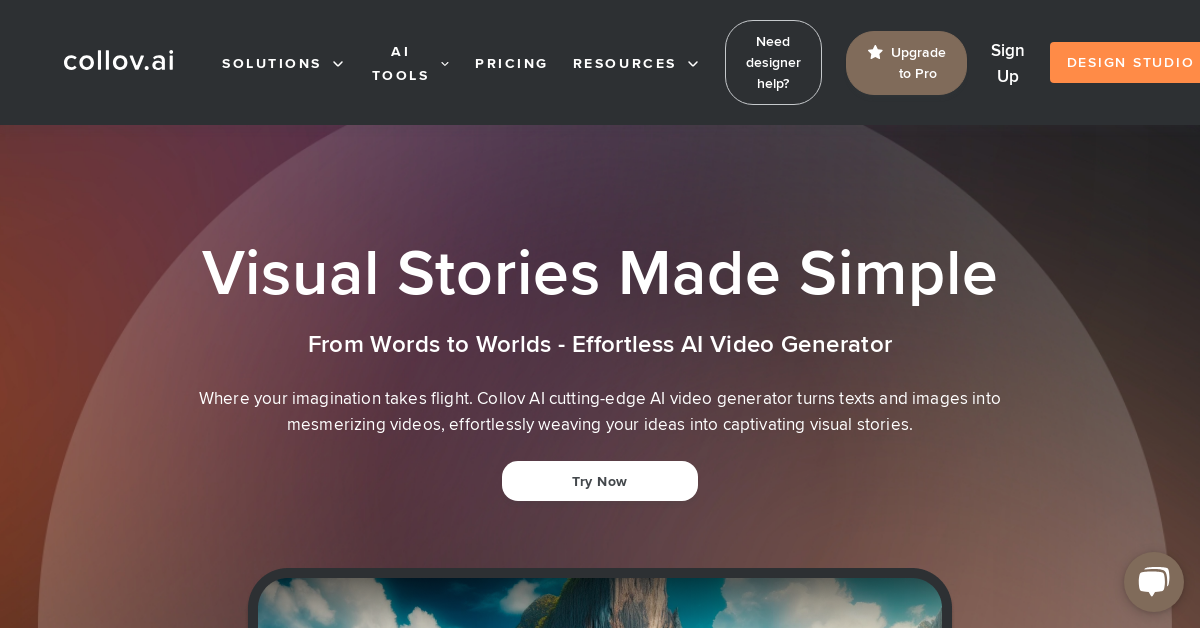
 (1).png)
